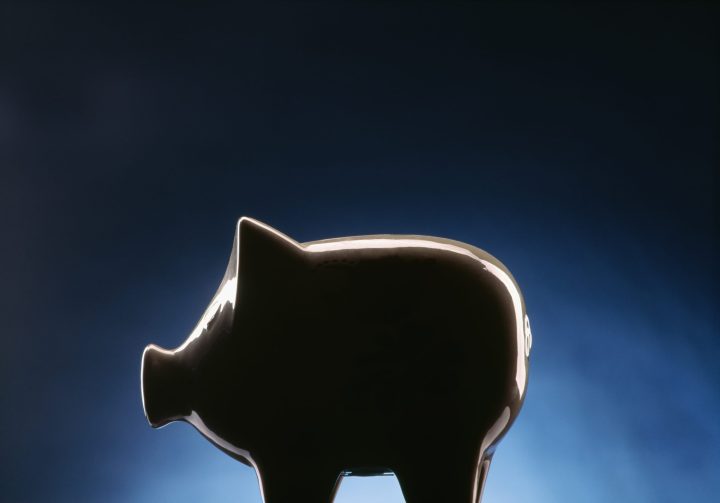
The consequences of underestimating the racial wealth gap
The consequences of underestimating the racial wealth gap

Marketplace’s Econ Extra Credit team spent the past month focusing on reparations and racial inequality in wealth.
The argument for reparations for Black Americans goes beyond our nation’s history of slavery. Reparations also aim to help repair the damage of structural inequality that has held Black people back.
Yet, when it comes to how Americans view our nation’s progress toward becoming a more equal society, there’s a strong misperception that we’re doing better than reality suggests. For example, a 2019 paper found that many underestimate the severity of racial economic inequality in this country — by a lot.
“We’re invested in a belief that the world is just, that society is operating as it should, that all of our successes are due to our hard work,” said Ivy Onyeador, who worked on the study. “And so, the idea that that is not the case for certain groups of people is very threatening to the very idea of what America is supposed to be, what it means to be American,” explained Onyeador, who’s also a professor at the Kellogg School of Management at Northwestern University.
Marketplace’s David Brancaccio spoke with Onyeador about why there are so many misperceptions about the racial wealth gap. The following is an edited transcript of their conversation.
David Brancaccio: I’ve often quoted a study by the Federal Reserve Bank of Boston. The study’s from some years ago, but you may have seen it too. It found that the wealth of the typical white household in Boston was just under, at the time, a quarter-million dollars. The wealth of the typical Black household was $8. Not 80,000, but $8. That usually stops traffic when I bring it up. People are surprised. And that’s part of what your research is showing, that people are systematically surprised.
Ivy Onyeador: That’s right. People have no idea about the depth of the racial wealth gap and the persistence of it over time.
Brancaccio: What about the, I don’t know, is it a corollary? It’s certainly related. Perceptions about how much progress has been made in narrowing the gap?
Onyeador: Yeah. So in our studies, we asked people to estimate the sort of ratio of Black to white wealth in the past, in 1963, and closer to the present, 2011 or 2016. And actually, people tend to underestimate equality in the past, but they vastly overestimate it in the present. And thus, when we subtract those figures from one another, they’re overestimating the amount of progress that’s been made towards closing the income gap. There’s been very little progress in closing the wealth gap over that period. But people think multiple times as much progress has been made.
Brancaccio: You’ve invested a lot of energy in exploring this. Why do perceptions matter on these issues?
Onyeador: Well, if people think there’s been more progress than has taken place, or that there’s more equality than is actually the case, that would undermine support for the policies that we need to put in place to produce a more equal society. If you don’t have an understanding of how deep the problem is, then you might support less intensive interventions, and the depth and the profound nature of the gap suggests more intensive interventions rather than less.
Brancaccio: [We] get this wrong about so many other issues. You’ve seen those sociological experiments where they rigged, for instance, a Monopoly game, and they make it way easier for one player to win. And at the end of the game, the winning player, even though the players know that the game was rigged, still think it was because of their awesomeness and their game-playing acumen that they ended up with more Monopoly money.
Onyeador: Well, yeah. I mean, we’re invested in a belief that the world is just, that society is operating as it should, that all of our successes are due to our hard work. And so the idea that that is not the case for certain groups of people is very threatening to the very idea of what America is supposed to be, what it means to be American. And so what we think about is how our psychology maintains these beliefs in a just world and keeps us ignorant to the reality of the inequality that persists today.
There’s a lot happening in the world. Through it all, Marketplace is here for you.
You rely on Marketplace to break down the world’s events and tell you how it affects you in a fact-based, approachable way. We rely on your financial support to keep making that possible.
Your donation today powers the independent journalism that you rely on. For just $5/month, you can help sustain Marketplace so we can keep reporting on the things that matter to you.












